Hemp, often associated with its cousin marijuana, is a versatile plant that is gaining popularity for its eco-friendly properties. From sustainable farming practices to its numerous uses in various industries, hemp is proving to be a game-changer in the quest for environmental sustainability.
The Benefits of Hemp
There are numerous benefits to using hemp as a sustainable resource. One of the primary advantages of hemp is its fast growth cycle. Hemp can be harvested in as little as 3-4 months, making it a highly renewable resource compared to other plants used for textiles or paper production.
Furthermore, hemp requires minimal water and pesticides to grow, making it a more environmentally friendly option for farmers. Hemp also has the ability to improve soil health, as it has deep roots that help prevent erosion and promote nutrient cycling.
Uses of Hemp
Hemp has a wide range of uses across various industries. One of the most well-known uses of hemp is in textiles. Hemp fibers are strong, durable, and biodegradable, making them an ideal alternative to traditional cotton or synthetic fibers.
In addition to textiles, hemp can also be used to make paper, plastics, and biofuels. Hemp seeds are a nutritious food source that can be used in cooking or as a supplement. Hemp oil, derived from the seeds, is also used in beauty and skincare products.
Environmental Impact of Hemp
The environmental impact of hemp cultivation is far less than that of other crops. Hemp requires fewer pesticides and fertilizers to grow, reducing the amount of harmful chemicals that end up in the soil and water supply. Hemp also has the potential to sequester carbon dioxide from the atmosphere, helping to combat climate change.
Furthermore, hemp can be used as a natural alternative to plastic, reducing the amount of non-biodegradable waste that ends up in landfills and oceans. Hemp-based plastics are biodegradable and can be recycled multiple times without losing their integrity.
Conclusion
In conclusion, hemp is a versatile and sustainable resource that has the potential to significantly impact the environmental landscape. From its fast growth cycle to its numerous uses across various industries, hemp is proving to be a valuable asset in the quest for a greener future.
By incorporating hemp into our everyday practices and supporting sustainable farming methods, we can help reduce our carbon footprint and protect the planet for future generations. It is clear that hemp is not just a plant, but a catalyst for positive change in the fight against climate change and environmental degradation.
FAQs
What is hemp?
Hemp is a versatile plant that is often associated with its cousin marijuana. Hemp is grown for its fibers and seeds, which have a wide range of uses across various industries.
Is hemp legal to grow?
In the United States, hemp cultivation was legalized with the passage of the 2018 Farm Bill. However, regulations around hemp cultivation vary by state and country.
How can hemp benefit the environment?
Hemp has a fast growth cycle, requires minimal water and pesticides to grow, and can be used as a sustainable alternative to traditional materials like cotton and plastic.

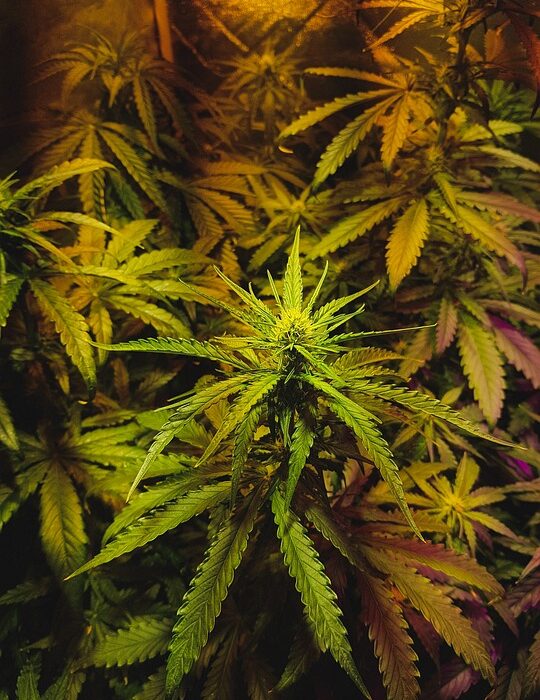
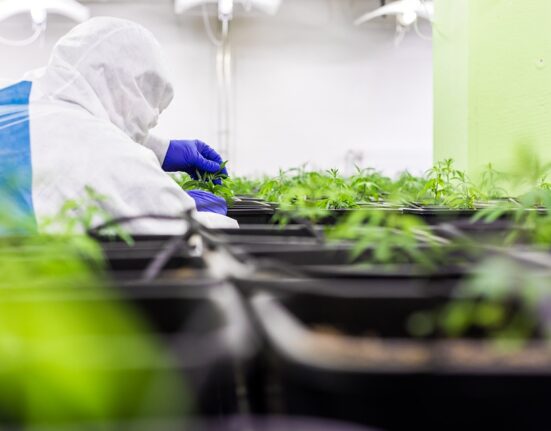
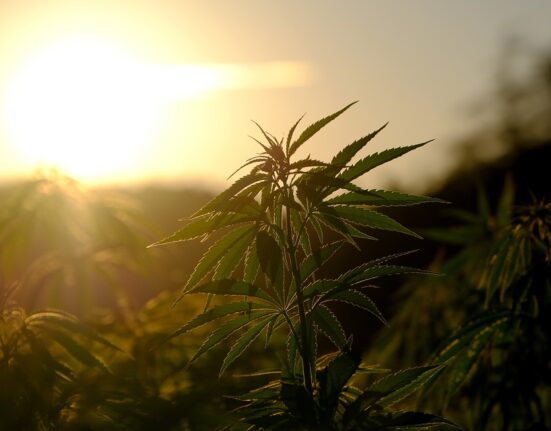
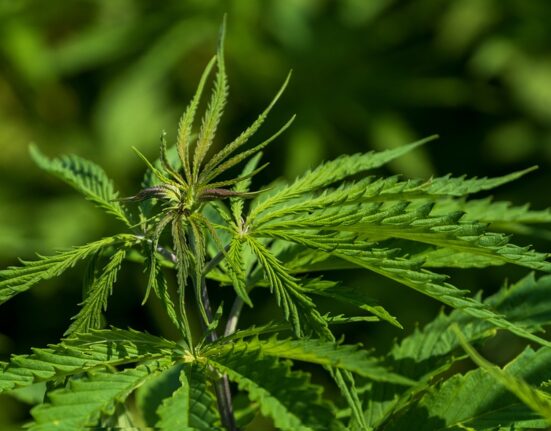
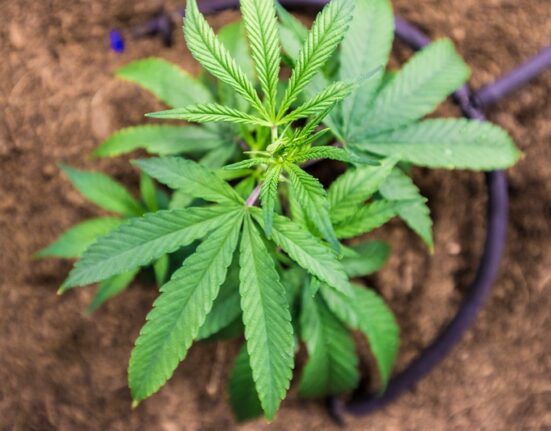
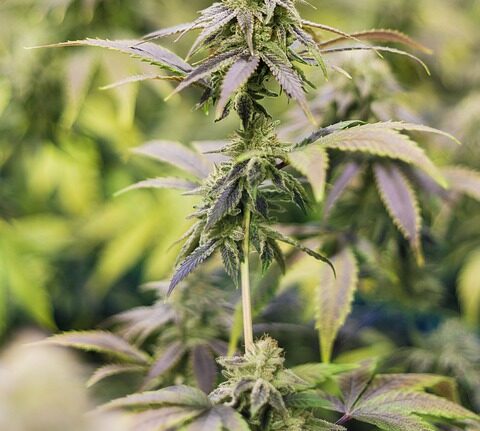
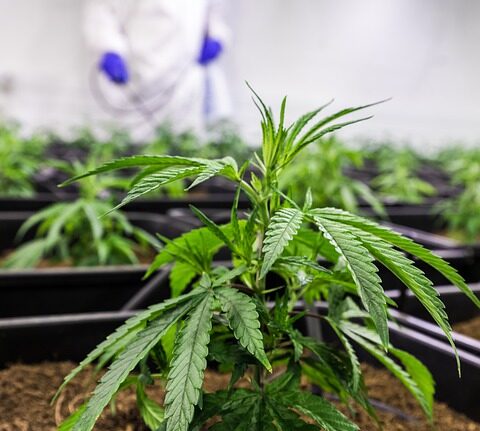
Leave feedback about this